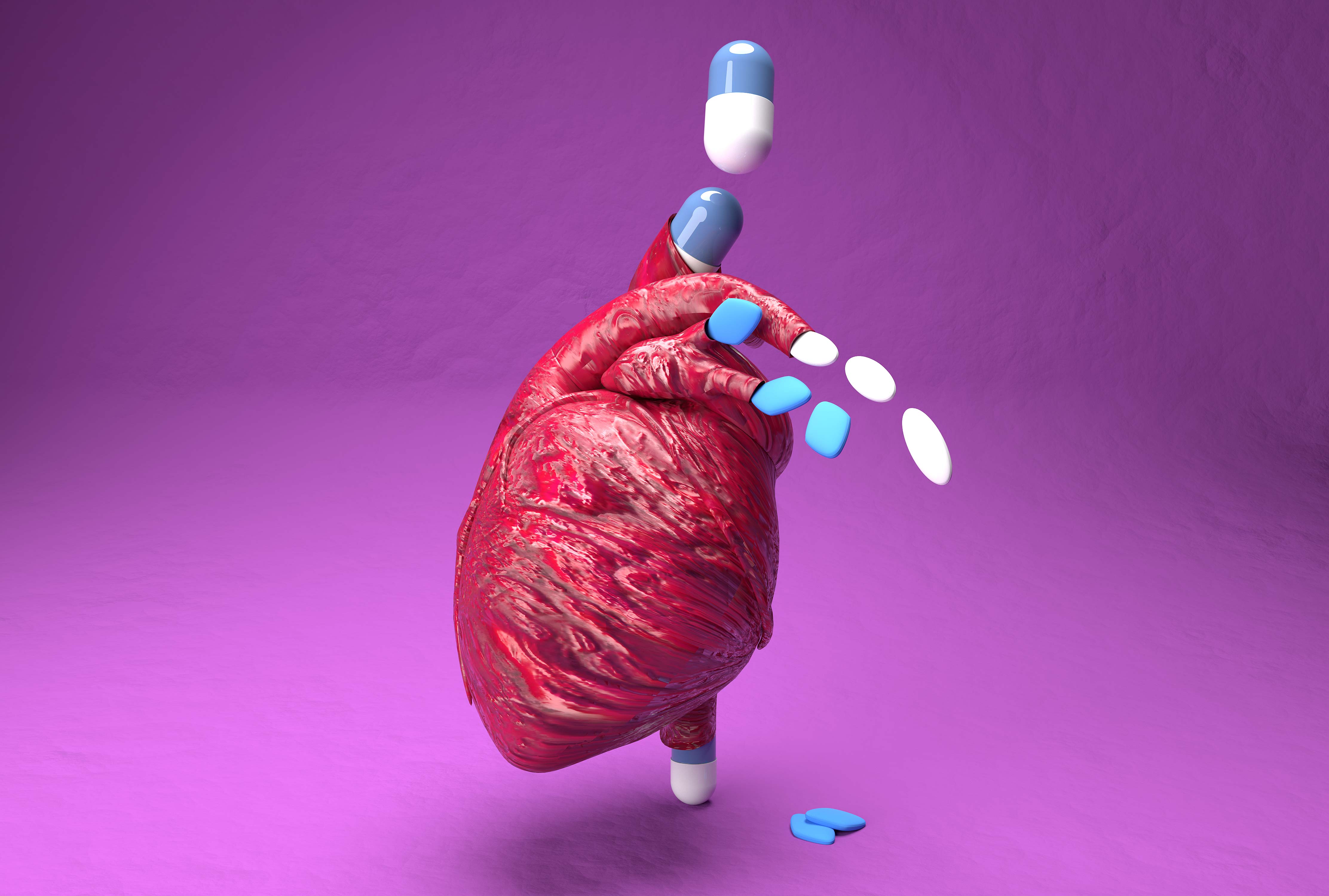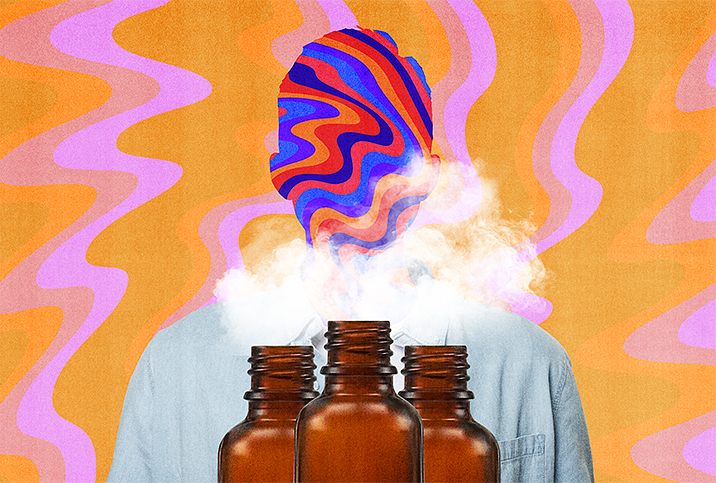Passion Products & Heart Health for Men

Products sold to improve a person's sex life fall into a wide range of categories. Some are scientifically tested and reported on at length, while others are ignored (or criticized) by the scientific community. Some are safe but ineffective. Some are potentially dangerous.
It's imperative to research how these products could contribute to or detract from your heart health. Separating fact from fiction is difficult, but paying attention to critical clues can help you maintain safe practices.
Overhyped and over-the-counter
Be wary of over-the-counter substances marketed to improve your sex life, whether they target stamina or other aspects of male sexual performance. Such products are unregulated, meaning they have little to no oversight in comparison with supplements or medications that are approved by the Food and Drug Administration (FDA) and may be prescribed by a medical professional. Products that claim to extend the length or increase the size of the penis and don't have any clinical research as supporting evidence should be viewed with a healthy dose of skepticism.
These products often get away with such claims because of cleverly crafted language and an abundance of folklore surrounding their ingredients. Instead of providing a detailed explanation of likely biological results, they use vague, enticing phrases such as "better stamina," "performance enhancement" and "increased ejaculatory control."
Short-term impacts of these products vary wildly, depending on factors such as a person's age or heart-related conditions. Long-term effects can be nonexistent or cumulative over time, especially if a person relies on the results (real or placebo) more and more. Keep in mind the manufacturers of these products managed to shortcut FDA approvals and clinical testing, and the products could impact the heart in a wide variety of ways, or none.
Ginseng & other herbals
Herbal medicine is a tricky issue in American health practices. Ginseng is a strong example. One of the often-quoted benefits of using ginseng is to improve the triggering or duration of erectile performance. However, herbal medicine tends to take a back seat in terms of medical research in the United States. While clinical studies are extremely limited on the subject, a 2013 review of Korean literature on the subject published in PLoS One could claim only mixed results with no definitive answer.
Ginseng and other herbal items on the market have been the subject of mixed reports regarding general body and heart health. Some doctors and other medical professionals recommend ginseng for improving various aspects of heart health and the immune system, while other research indicates heart conditions can be worsened by regular consumption of herbal remedies.
Aphrodisiacs
Aphrodisiacs are a popular concept in myth and in casual conversation relating to sex. Many assumed facts about foods and scents that fall under the aphrodisiac umbrella have been debunked or minimized in the presence of additional context. Some foods have proven beneficial and detrimental health effects, pending the level of consumption and aspects such as overall diet.
For example, spicy foods are often considered natural dietary aphrodisiacs, due in part to the presence of a chemical compound called capsaicin. Typically associated with chili peppers, capsaicin may boost metabolism, reduce blood pressure and aid digestion. However, the consumption of spicy foods and increased levels of capsaicin can also increase the heart rate and cause other effects, which may be dangerous depending on a person's existing health conditions.
The dangers of desire
Whether through TV ads, movies or peer pressure, society places a great deal of emphasis on men to be sexually vigorous, maintain sexual appetites and never falter in their sexual performance. It's no wonder men are often attracted to products that claim to fill a void or enhance an aspect of their own sexuality.
If you feel stressed or concerned about your sexual performance or heart health relating to sex, consult your doctor and consider someone who can provide counseling or emotional and mental health support.
Giddy Notice: Our medical experts have informed us that few supplements of this nature have been approved by the Food and Drug Administration (FDA). That is, statements and claims made about the efficacy or possible health benefits of these unapproved supplements have neither been evaluated nor reviewed by the FDA for safety and effectiveness. Furthermore, any statements or claims regarding the supplements are not intended to diagnose, treat, prevent or cure any disease. Our medical experts advise that before you use a supplement in any way, first consult your healthcare provider to ensure you have full knowledge of appropriate dosages, if any, as well as any potential side effects or interactions with any prescription medications you're already taking.


















